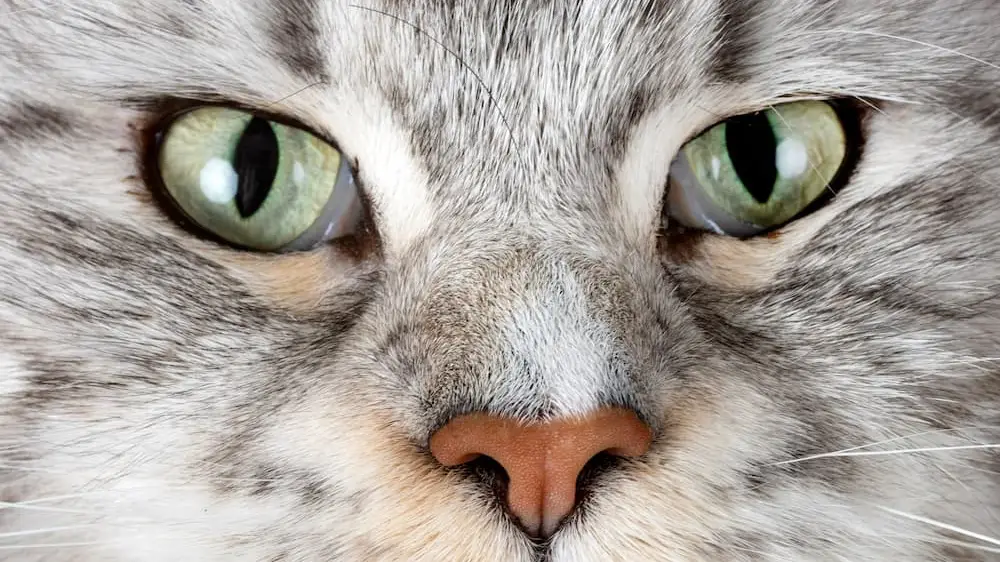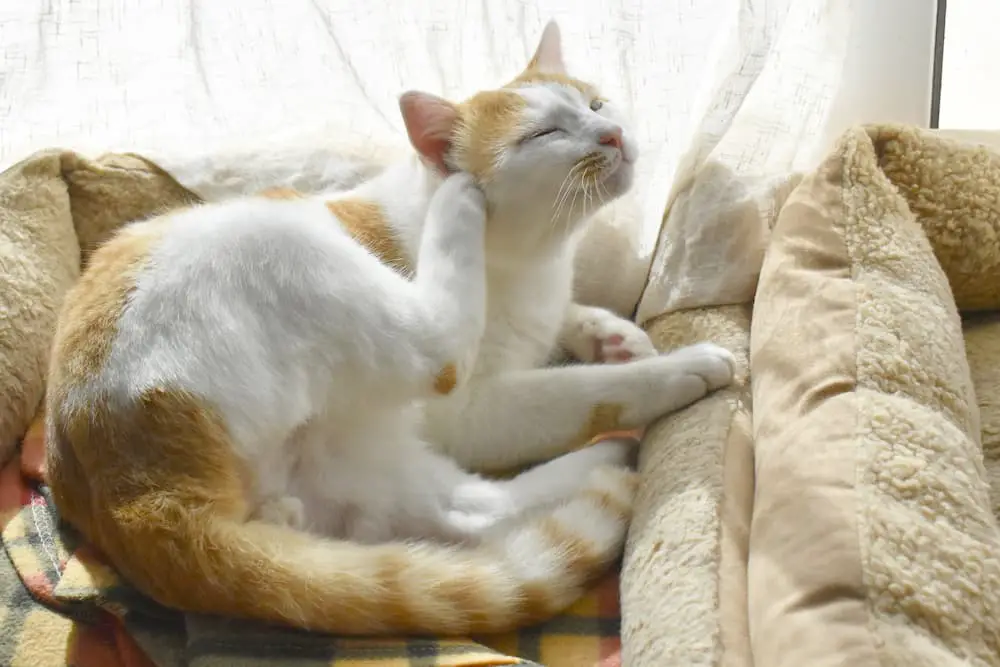Getting a new pet is an exciting experience. You are entrusted with taking care of a cute little ball of fluff, and you want to do everything right. However, the idea of caring for your new friend’s every need might feel a little overwhelming, especially if you’ve never owned a pet before.

Nearly every new pet owner feels this way in the beginning. The good news is that there is plenty of advice about how to care for a new pet. This helpful checklist for new pet owners can help you get started on your life-long journey with your new furry friend.
Entertainment
Animals need to be entertained just like humans. This doesn’t mean your new puppy or kitten wants to watch movies with you, but it does mean they require daily interaction and stimulation. Give your dog several cute dog toys to chew on, and buy your kitten a cat tower that they can climb on. Also, make sure you spend time with your pet, talk to it and pet it so it feels loved and cared for.
Food
Food is a basic necessity for any animal. When you get a new kitten or puppy, ensure you buy the right food for their age and any special needs they have. Kittens need kitten food, which comes in smaller pellets and is high in taurine, an essential element for their development. They may also need formula depending on their age when you take them home.
A dog should have puppy food that is rich in nutrients for its growing body. You can also incorporate some finely chopped natural foods like raw meat and vegetables to supplement their puppy kibble.
Kittens and puppies need to be fed three times per day between the ages of four to six months after they’ve been weaned, as they have higher caloric needs. After six months, twice daily feedings are sufficient.
Place to Sleep
You need to create a comfortable environment for your pet to sleep in. New animals can sleep anywhere, anytime; however, they often cozy up on your bed if you don’t designate a spot for them.
The best place for your pet to sleep is in a crate or enclosed pet bed next to your bed. Young puppies, in particular, are prone to wandering to find company during the night. So, it is best to keep them close by or at least in the same room as you, then gradually move them into their own space as they get older and more used to your absence at
night.

Exercise
Cats and dogs need lots of exercise to stay healthy and happy. Cats exercise by running, jumping, and playing with interactive cat toys to practice their innate hunting skills.
Dogs, in particular, need exercise to stay toned and fit and prevent destructive behaviors. Play fetch with your puppy in your backyard if you have room. Another great way to exercise your dog is by taking it on a daily walk. Dog walking provides benefits to both dogs and their owners, so it is an excellent habit to get into.
Grooming
Consider your pet’s grooming routine when you bring them home. Most puppies require a bath at least once per month, and all puppies need to have their nails trimmed every three to four weeks.
Cats clean themselves with their tongues; however, you may need to bathe your cat every four to six weeks if they are a long-hair breed. As long as you give your cat a scratching post, they can trim their own nails.

Pest Prevention
Pests like fleas, ticks and heartworms are harmful to your new pet. Make arrangements to get them treated for these pests when they are old enough. Many vets offer medication during your visits. However, you can also purchase reputable flea and tick medication online. Just make sure to follow the instructions and do not give it to your animals unless the medication says it is safe for their age.
Vet Visits
Visits to your pet’s veterinarian are important to maintaining your cat or dog’s health and catching any problems they may have early. Dogs should go to the vet at least once per year for a check-up, more if the vet recommends it.
Cats are prone to diseases such as feline leukemia and should go to the vet twice per year. Make sure you get your pet’s rabies shot around 14 weeks old, as it is required by law in most states. Also, spay and neuter your pets as this helps keep down the population of unwanted and homeless animals.
Training
Training your pet is another aspect to consider when bringing home your kitten or puppy. Cats don’t typically require behavioral training, although if your kitten is aggressive or won’t use the litter box, you may need to find someone who specializes in cat training.
Puppies benefit from training because untrained dogs can cause harm to other dogs and people if they become aggressive. Because dogs are generally bigger than cats, getting your puppy trained early is a good idea so you don’t end up with a large, unruly furry friend.
Clean Up
When it comes to cleaning up after your pet, dogs and cats are very different. Dogs eliminate outside in the grass. Most neighborhoods have ordinances that state you must pick up after your dog when they defecate. Even if they go in your yard, you’ll want to clean up after them, so you don’t step in anything while trying to relax at home.
Cats use a litter box. Choose the right litter box style and type of litter for your kitten, and keep your litter box clean to prevent your cat from refusing to use the litter box and using your floor instead. The best litter box models are enclosed, with ample ventilation and a mat outside the entrance to prevent your cat from tracking litter throughout your home.
Tracking
One last thing to mark off your new pet checklist is to get your pet microchipped. A microchip is a small ID tag that is no larger than a grain of rice. The microchip is embedded under your pet’s skin and is a permanent way to track them if they get lost.
Collars with tags are another good way to track your pet, but a microchip is better because it doesn’t cause your pet discomfort, and it cannot be removed or become unreadable.

Complete Your New Pet Checklist
Bringing a new puppy or kitten home for the first time is both exciting and a little scary. You are now responsible for another creature’s wellbeing and happiness, but even if you feel a little intimidated, don’t worry; just check off the items on this new pet checklist.
Give your kitten or puppy food, water and a place to sleep. Take your furry friend to the vet and get them their shots, and make sure to get them microchipped in case you two are separated someday. In addition to all these practical measures, make sure you give your pet plenty of love and attention, and you and your fluff ball will be getting on great in no time.







